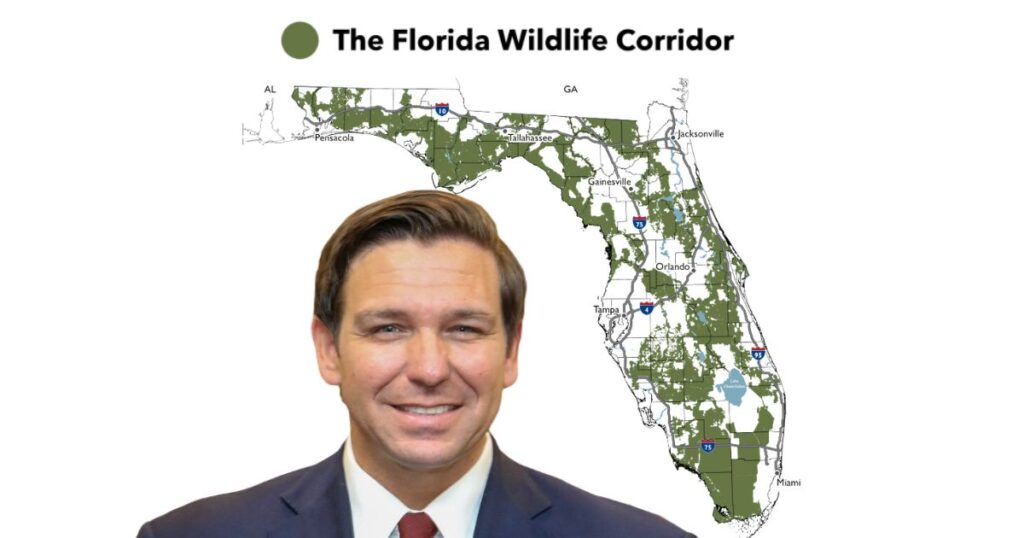Talahassee – What initially seemed a major blow to Florida’s land conservation efforts turned out to be a strategic budget move.
Gov. Ron DeSantis has recovered $200 million in funding to maintain environmentally sensitive land along Florida’s wildlife corridor.
See more stories:
The funds were on the governor’s veto list when they signed the state’s new budget. This sparked concern among environmental advocates, particularly as the Florida Eternal Land Acquisition Program received just $18 million on its 2025-26 budget. This is a significant drop from last year’s $229 million.
However, conservation leaders say that now $200 million has not been eliminated, but rather has been redirected to land acquisition. This money had previously been swept by lawmakers on general revenues from designated land purchase accounts, but DeSantis’ veto effectively returned those funds to Florida forever.
“The House and Senate recommended that some of it be returned to general revenue. The governor’s veto would essentially bring $200 million back to the acquisition funding pool,” said Jason Laurissen, chief conservation officer of the Florida Wildlife Corridor Foundation. “This allows staff to plan ahead. Some of the land transactions are extremely complicated and not something that can be done over a few weeks.”

The funding will support a key segment of the Florida Wildlife Corridor, particularly in the North, between the Everglades and the Ocala and Osceola National Forest. These include the Caloosahatchee Big Sypress Land Acquisition Project and the Ocala to Osceola Corridor.
Funding for Florida Forever’s line items has been reduced, but the Rural and Family Land Conservation Program saw a major boost to rushing from $100 million to $250 million. That program will pay farmers and ranchers not to develop land along the wildlife corridors, providing another mechanism to preserve Florida’s rapidly disappearing green space.
Environmental groups also received additional support this year. The Florida Wildlife Corridor Foundation has secured a $1 million increase in work that saves by linking natural lands throughout the state.




